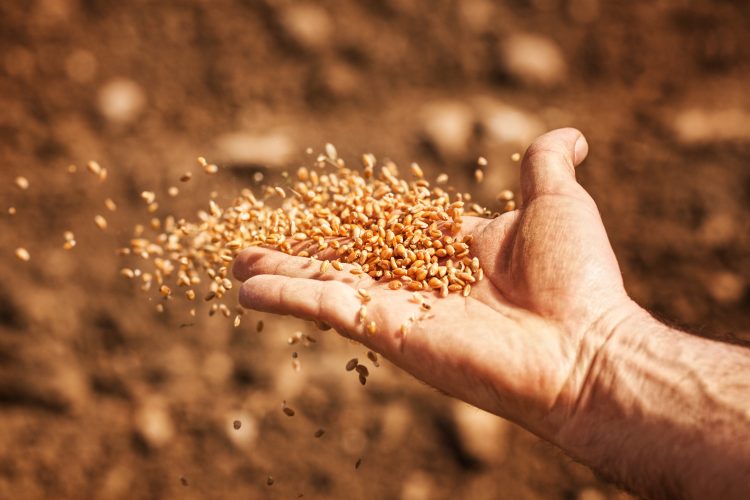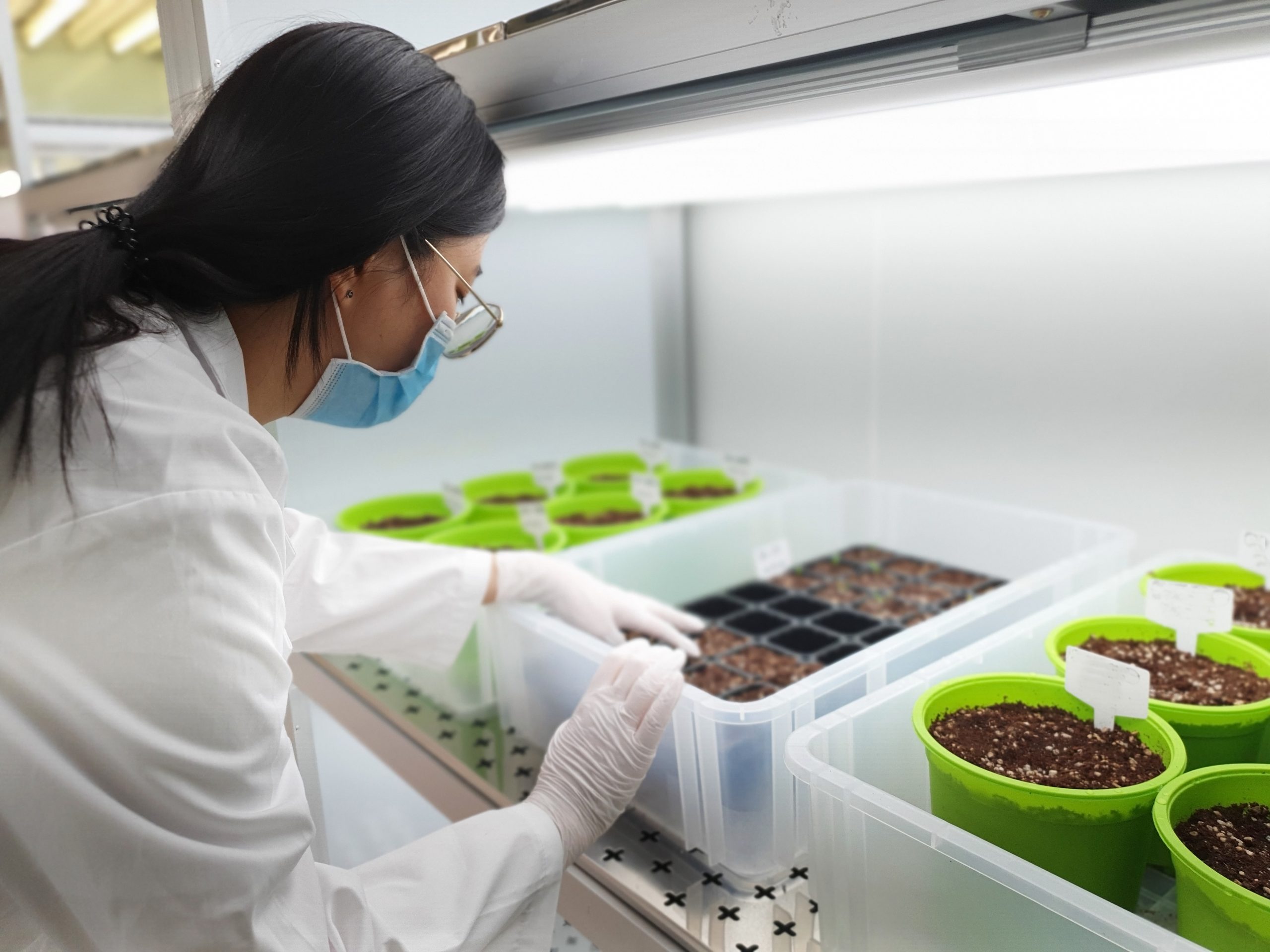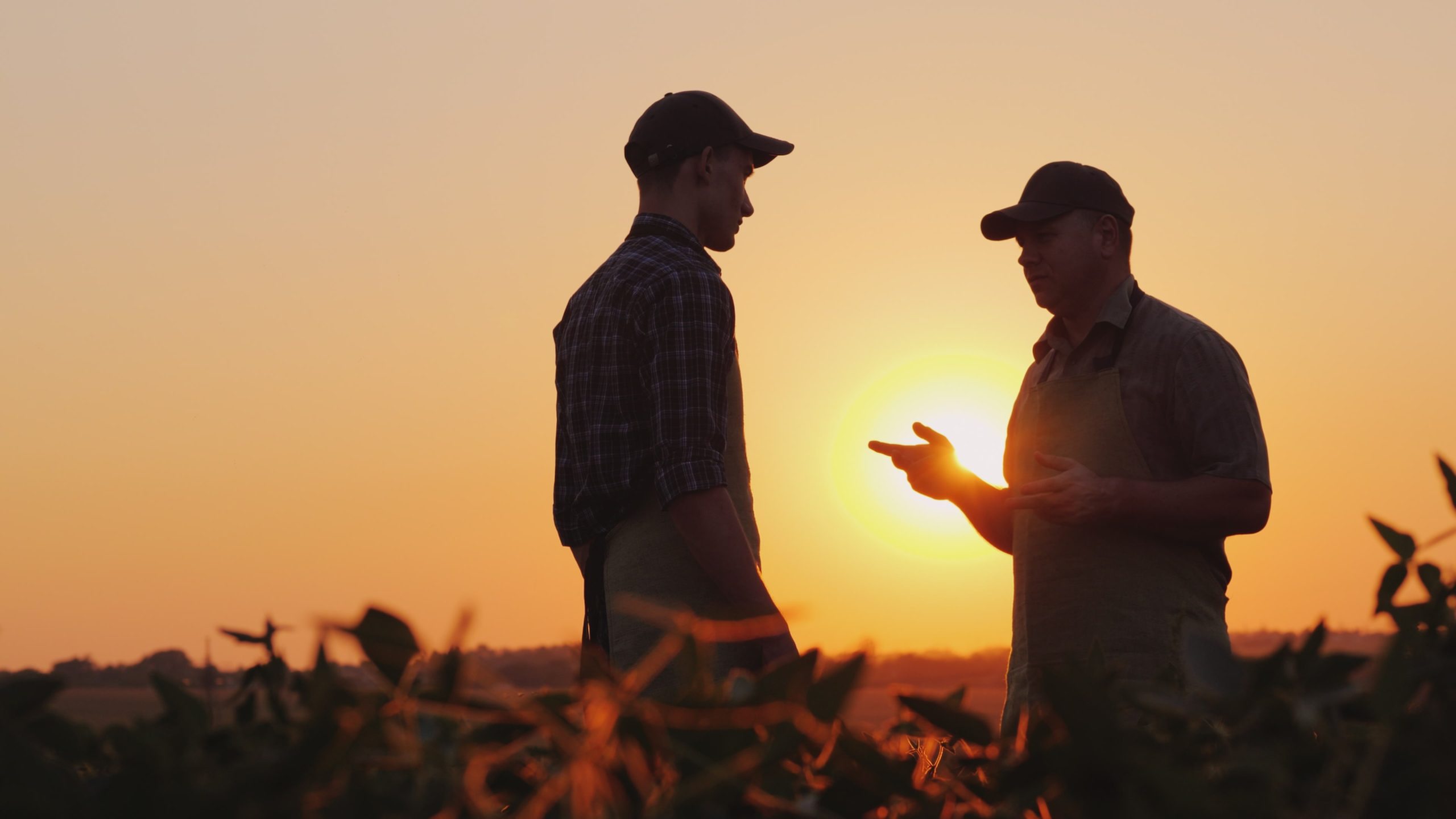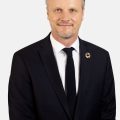Seed as a starting point
- Like
- Digg
- Del
- Tumblr
- VKontakte
- Buffer
- Love This
- Odnoklassniki
- Meneame
- Blogger
- Amazon
- Yahoo Mail
- Gmail
- AOL
- Newsvine
- HackerNews
- Evernote
- MySpace
- Mail.ru
- Viadeo
- Line
- Comments
- Yummly
- SMS
- Viber
- Telegram
- Subscribe
- Skype
- Facebook Messenger
- Kakao
- LiveJournal
- Yammer
- Edgar
- Fintel
- Mix
- Instapaper
- Copy Link
Posted: 21 November 2022 | Grace Galler | No comments yet
New Food’s Grace Galler speaks to Michael Keller, Secretary General of the International Seed Federation, about how the seed industry is navigating various challenges and why he believes the sector is “under-represented”.


Having just returned from the COP27 event in Egypt, Michael Keller, Secretary General of the International Seed Federation (ISF), spoke to New Food about how the seed sector is navigating a variety of challenges that have arisen in recent years.
What is the ISF?
Michael Keller (MK): The ISF started in 1924, whereby seed traders from Europe and US came together for the first time to establish a more structured seed trade.
Today, we are the voice at international level for over 7,500 companies acting in the breeding, production, and trading of seed.
We have 80 national seed associations acting as members of our organisation. These include national seed associations across the world including the American Seed Trade Association, as well as the the seed associations of Guatemala, India, Australia, Kenya to name a few.
This means that wherever you are, you have a vibrant private seed sector and a national seed association which is a member of the ISF.
What does the ISF do?
MK: Our role is to be the representative voice of the seed sector. Ninety-seven percent of the whole private sector seed trade is covered by the ISF.
We are acting at World Trade Organization (WTO). We are acting at the Organisation for Economic Co-operation and Development (OECD). We are acting at the UN Food System Summit. We are also acting at the United Nations (UN) in New York where we have discussions about sustainable development goals in the name of our members and the Food and Agriculture Organization (FAO) in Rome regarding agriculture and food production..
With so many members globally, is it difficult to prioritise the most important industry opinions?
MK: I must admit that it is not too difficult because we have one clear vision for the whole seed sector worldwide: we want to make quality seed accessible to all farmers, specifically smallholder farmers, subsistence farmers, and family farmers. We want all farmers to support sustainable agriculture and food security.
Have there been any fundamental technological advances recently?
MK: Today, we have eight billion people to feed. It’s the farmers in the fields that must cope with climate change and provide food for the future.
There’s no one size fits all solution out there. As seed actors, we must work closely with each farmer as seed varieties need to be locally adapted.
But at the same time, there’s no solution without science and innovation. Regarding technology, we are always stating that the mantra of the seed sector is innovation. This means that the breeding of new seed varieties is essential.
There is potentially no other industry out there that is investing such a high amount of turnover into research and development. That means, depending on the crops, up to 20 percent of every year’s turnover is going back into research and development.
The world is changing. Climate is changing. We have to constantly ensure that our varieties are still the right ones for the farmers so that they can still continue to grow food.
How should the food industry view the seed sector?
MK: Its very important to recognise seed as a starting point, but even within the seed sector today, breeding tools are changing.


Keller notes that genome editing breeding tools can now be used to innovate within the seed sector.
We have now genome editing breeding tools that offer us new opportunities regarding plant genes. It is important to remember that breeding is a long process, it’s a seven, 10 and sometimes up to 20-year process before a new variety is brought to the market. That means it’s a continued, long investment.
What would your short-term advice be for farmers in the seed sector who are struggling to grow crops?
MK: We are looking for seed resilience. We know we have the biggest food related issues with farmers in sub-Saharan Africa where there are concerns regarding production and seed supply.
Consequently, we are engaging more and more to build this seed resilience everywhere for farmers.
Farmers can use landraces. They can use varieties coming from public breeding programs. They can use indigenous varieties.
Although all seed supply is important, in many countries there is no opportunity to choose improved varieties, meaning that they cannot reach farmers. It’s absolutely crucial that we think better together to create a midterm solution.
Are there any names in the global seed sector that stand out from 2022?
MK: First of all, all seed people are important, but after recently attending COP27 I realised that the seed sector is clearly under-represented.
I would like to mention three women that are, in my opinion, particularly important in the international seed sector. The first is Lukeshni Chetty, General Manager of the South African National Seed Organisation (SANSOR). She is driving this association in a very strong, positive and energetic way.
Second is Lorena Basso, President of Semillas Basso, a family-owned, third generation company in Argentina. We need this diversity in the seed sector and its great how the company reaches out to challenging markets in South America.
Lastly, I would like to mention Mary Ann Sayoc, the Public Affairs Lead for East-West Seed. She is a heard voice that was on the board for the Crop Trust.
What did you takeaway from the COP27?
MK: The fact that I need to raise the sector’s voice to improve the understanding of seed, the private seed sector, but also public seed.
I think altogether we have a responsibility to drive this message further. The ISF’s engagement with the seed sector (at all national levels) needs to be increased.
What do you believe the seed industry does well?
MK: I think we are conscious of our responsibility as the starting point of agricultural production.
Secondly, we have what I refer to as a ‘very long outlook’ because the sector isn’t short term. We have long-term investments meaning it is extremely important for us to establish a strong relationship with all farmers in the industry.
Thirdly, we collaborate with farmers responsibly and sustainably. We have nothing to hide, but our business can only fly if there is also business for farmers.


In order for the seed sector to thrive, Keller thinks that it is important for the ISF to collaborate with farmers “responsibly and sustainably”.
I am also extremely proud to see how the seed sector coped with situations like COVID-19 and the ongoing conflict between Russia and Ukraine. We have a role to play in assisting the sector, but we are always open to collaborative efforts.
What are your thoughts on the recent turbulence regarding the Black Sea Grain Initiative?
MK: The most important thing for us from the beginning was the security of all the employees of seed companies in Ukraine, which is an absolutely critical seed producer.
We engaged directly with seed companies and prepared to maintain the preparation of the planting season in Ukraine earlier this year.
I believe we can provide as much seed as needed, meaning really big gaps of seeds can be avoided.
Where do you see the future of the global seed sector heading?
MK: I think that seed will play a more important role overall in agricultural production. I’m also absolutely convinced there will be more private seed investments.
Finally, I envision an increased cooperation between the public and private sector when it comes to seed, seed innovation, seed production, but also seed supply. I would say it’s a positive attitude we have in a very challenging environment.
Biography


Related topics
Environment, Food Security, Product Development, Recruitment & workforce, Regulation & Legislation, Research & development, retail, Supply chain, Sustainability, Technology & Innovation, Trade & Economy, World Food
Related organisations
Crop Trust, East-West Seed, Food and Agriculture Organization (FAO), International Seed Federation (ISF), Semillas Basso, South African National Seed Organisation (SANSOR)
Related regions
Related people
Lorena Basso, Lukeshni Chetty, Mary Ann Sayoc, Michael Keller









